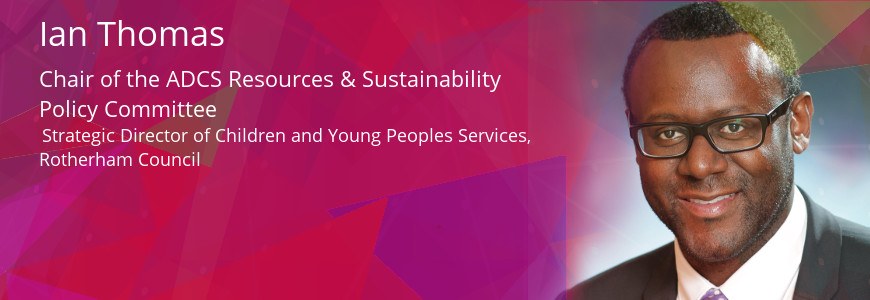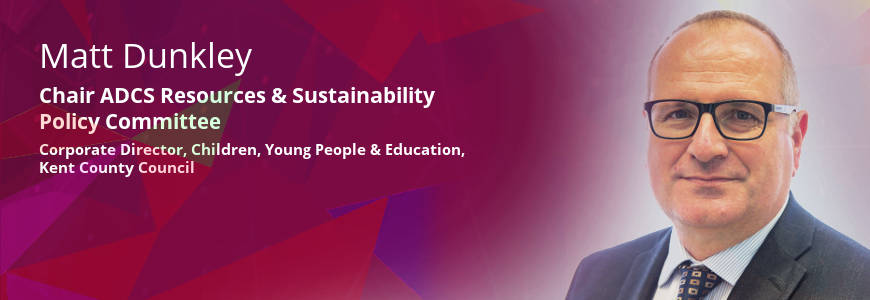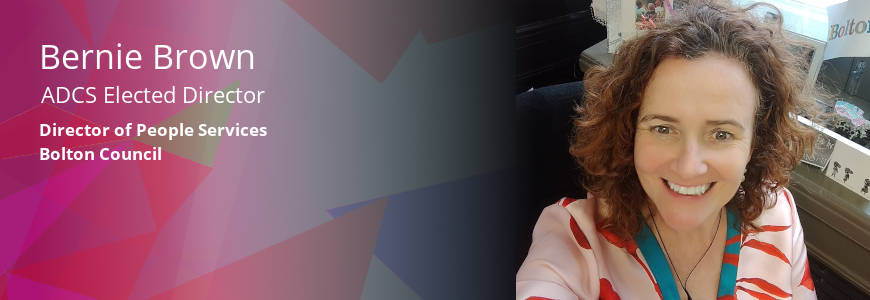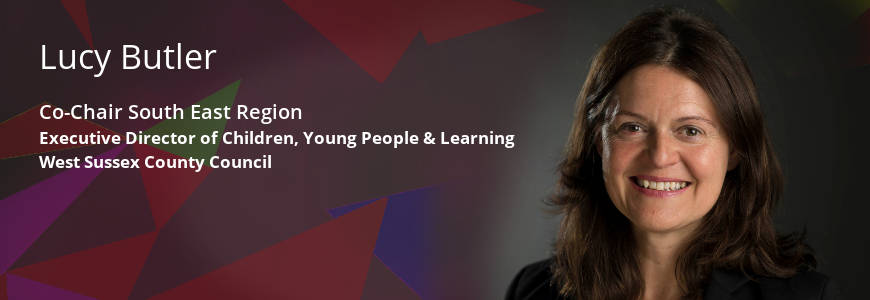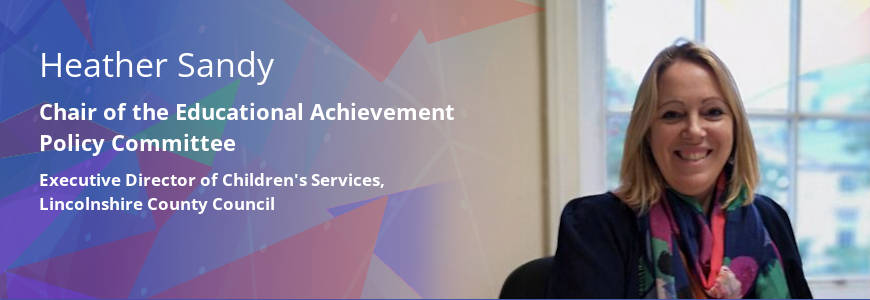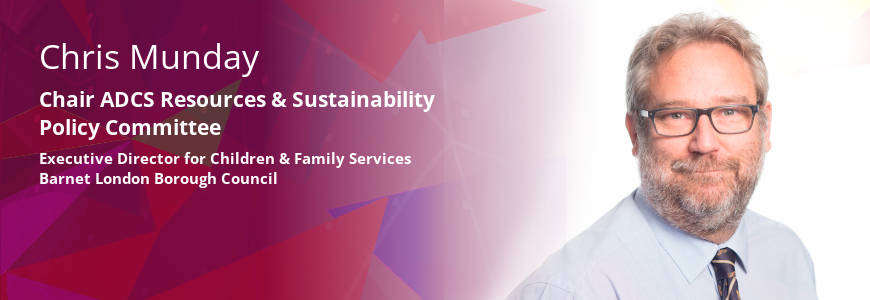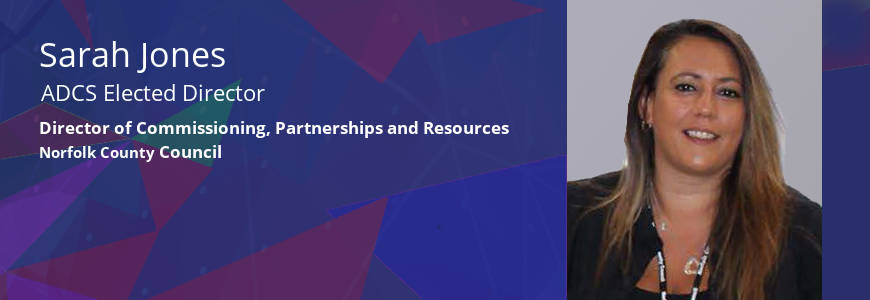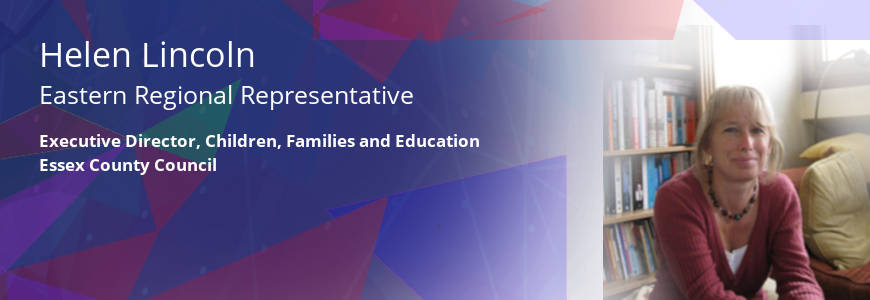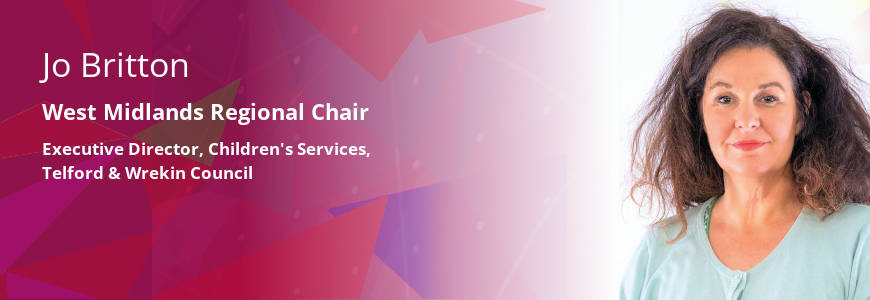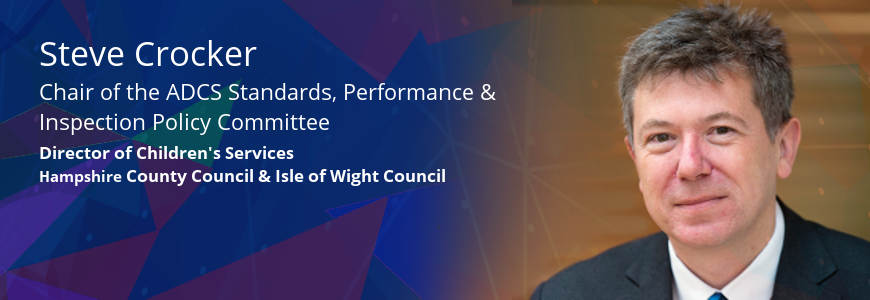A system based on children's needs

In preparation for writing this blog I looked back to my last one in July which was at a time of turmoil in national politics following the resignation of the Prime Minister and a Conservative Party leadership contest starting to take shape. We were unclear on what that meant for the major national policy positions on SEND, social care, and education but hoped that the opportunity they give would not be lost. Fast forward a few months and…….
Some of the immediate pressures have become more acute particularly workforce, care sufficiency, and finances. I won’t focus on these as the daily challenges were articulated very clearly in Stuart Carlton’s excellent recent blog. At present a lot can change in the days between writing a blog and it being published so please bear with me if my crystal ball hasn’t spotted anything.
I hope that the new PM thinks very carefully about the consequences of their decisions on the children and families that we work with. We’ve had too many years of conflicting national policy across many departments that have led us to the current position of rising child poverty, cost of living crisis, under resourced services, and an exhausted and insufficient workforce. In social care we deal with the societal consequences of policy failure across multiple areas, and we cannot afford the human cost of Austerity Mk2.
The three major reform programmes: SEND green paper, schools white paper, and the review of children’s social care all have their shortcomings but there is more than enough there to give the foundations for a better, more joined up, future. To achieve this we need other government departments and our partners, particularly in health, to be alongside us shaping and importantly resourcing future plans. Children’s mental health is the most obvious example but there are others where we need key partners to prioritise and work with us.
This is particularly important for our young people with the most complex levels of need. At present we have services that we try to shoehorn young people into. Often the service young people end up in depends on their route into the system, rather than their individual needs. There is a significant crossover in needs of young people accessing services across mental health, welfare secure, youth custody, and those for whom registered children’s social care provision does not exist. We cannot continue to bury our heads in the sand and think that better commissioning by a local authority, or even a regional collaborative, will sort this.
It is clear that if we were designing a system from scratch we wouldn’t start from here. So, is there the will nationally to invest time and resource in designing a system based on children’s actual needs that isn’t siloed with conflicting regulation and legislation? It is difficult and there is a real risk it stays in the ‘too hard to do’ box, but I do think there is a genuine appetite for change if we can think more holistically, at both national and local level, breaking down the silos that exist.
We also need some stability and a sound foundation to enable sustainable change. The current immediate pressures must be addressed nationally to give us the space to build the better future that we aspire to
Related Blog Articles
It can be difficult for children’s issues to get the air time they fully...
In Health
The fall out following the announcement of a new national funding formula (NFF)...
In Funding
At the end of July, we will know who the next Prime Minister is, and we should...
In General
By September, budget planning is well underway in local authorities and I...
In Funding
What has struck me in the midst of this crisis is the strength of our sector....
In General
I don’t think we have ever worked in a time where uncertainty and volatility...
In Education
This week has been my first as Chair of the Educational Achievement Policy...
In Education
On Thursday we were advised that the five tests had been met and that the phased...
In
This is my first blog for ADCS and I would, firstly, like to thank colleagues...
In Funding
I’m writing this blog before I’m due to go on holiday and hoping the fiasco...
In General
It feels like the Christmas break was a very long time ago now, but as it’s...
In General
I expect people that know me well are thinking I would use this blog to make...
In Education
November can be an odd month. We are not yet at the end of the year but are...
In General
Over the past 12 months I have had the privilege of leading Doncaster...
In Care
I hope you’ve all had a decent Christmas and New Year break. If you are an...


